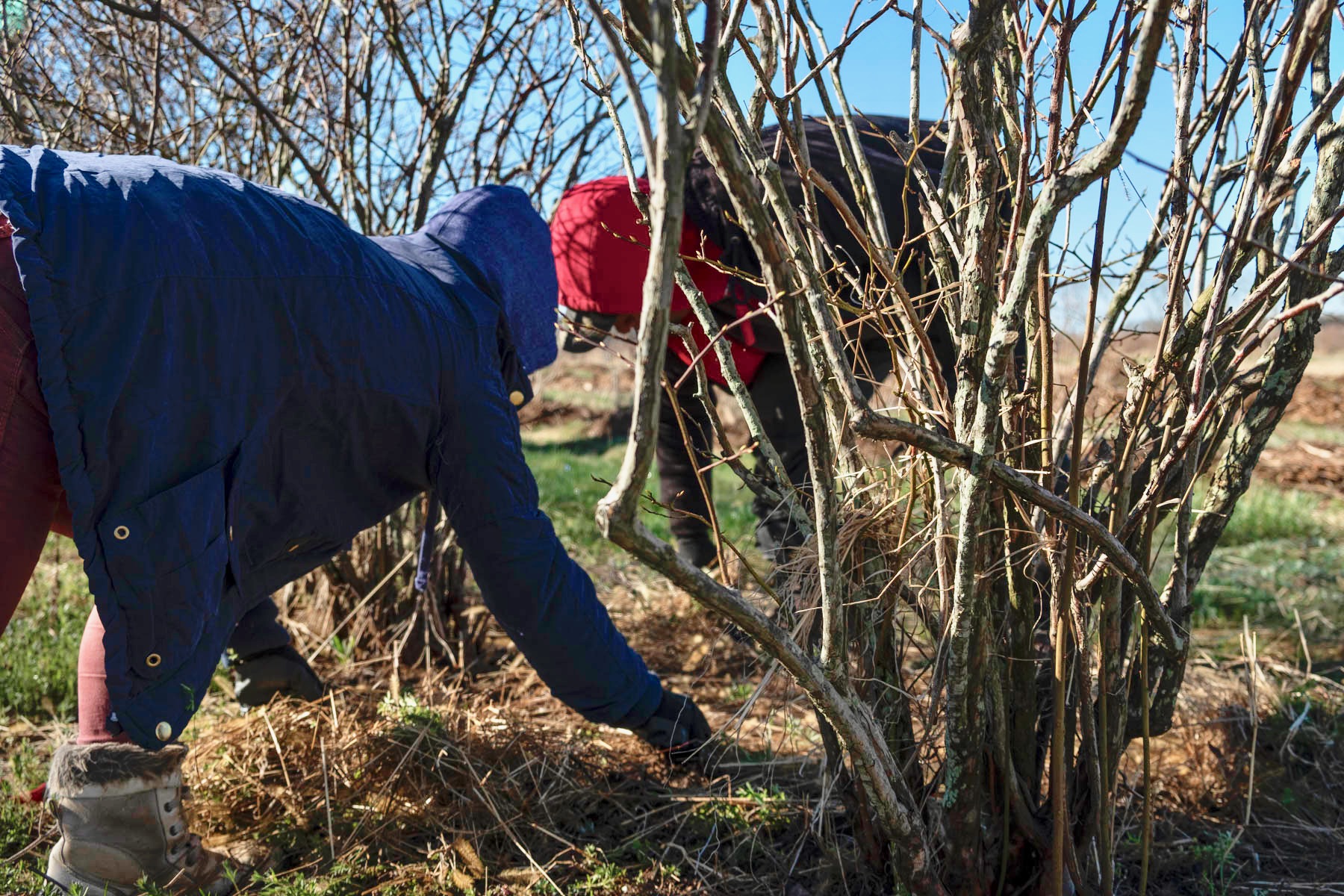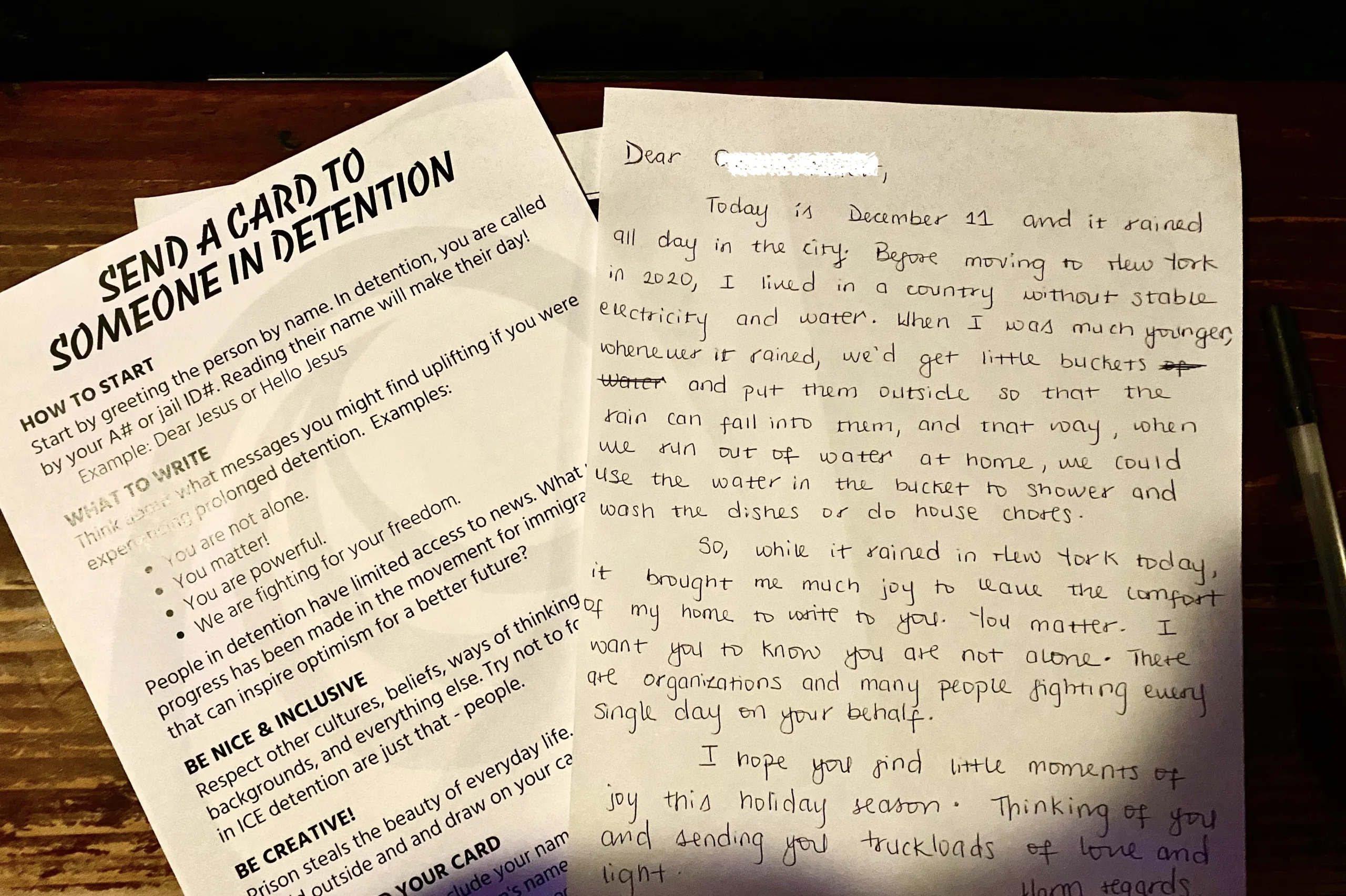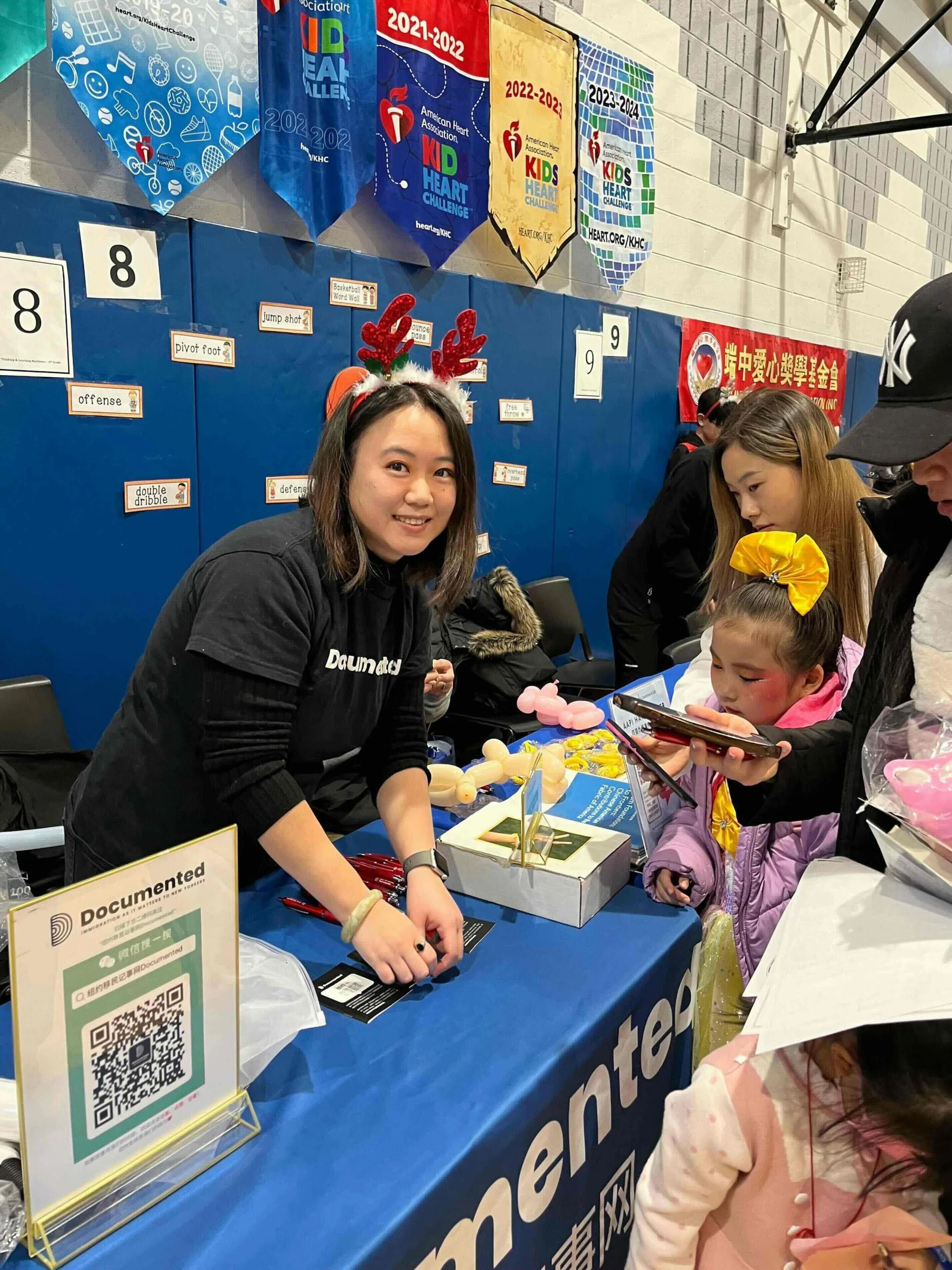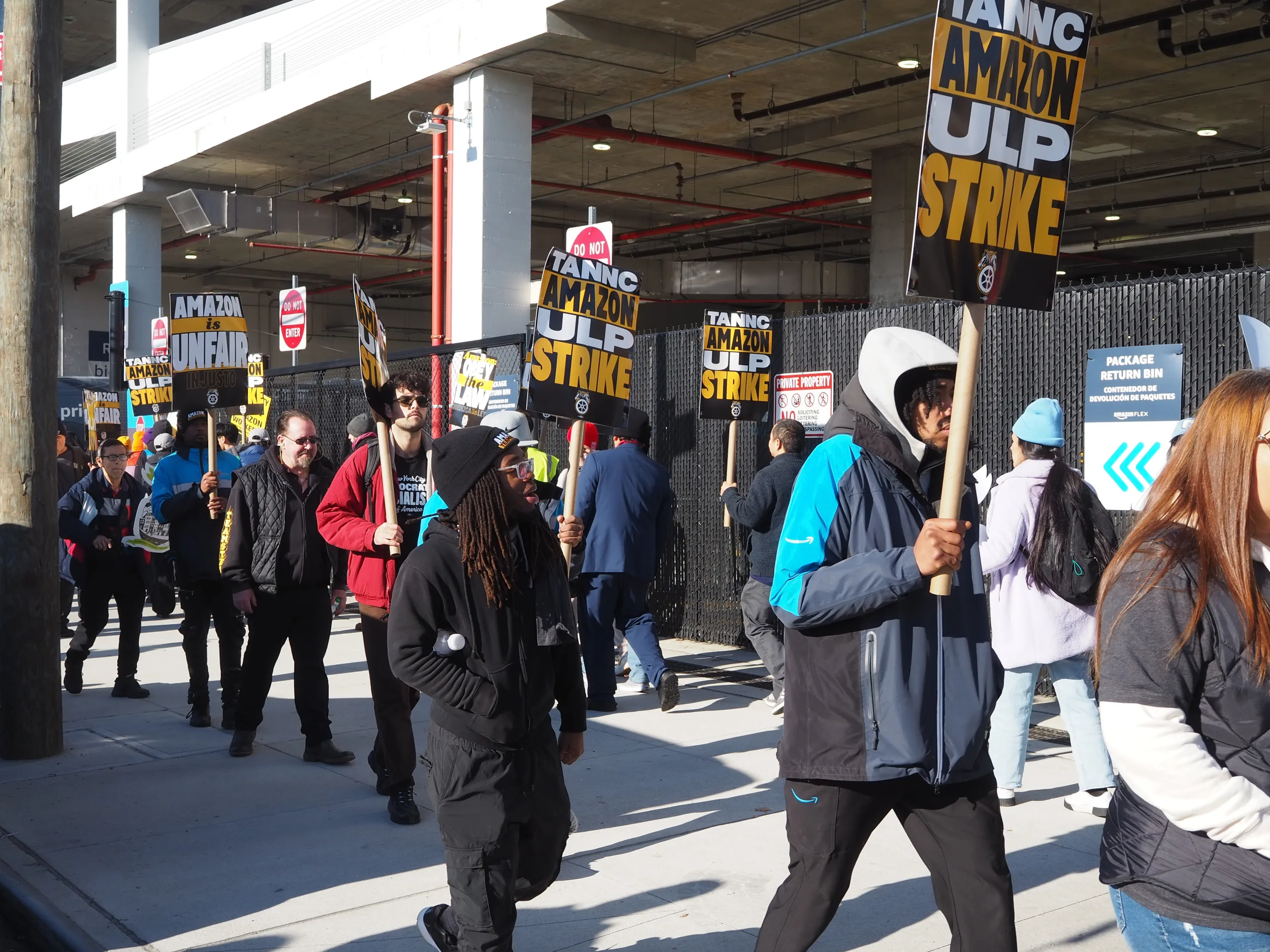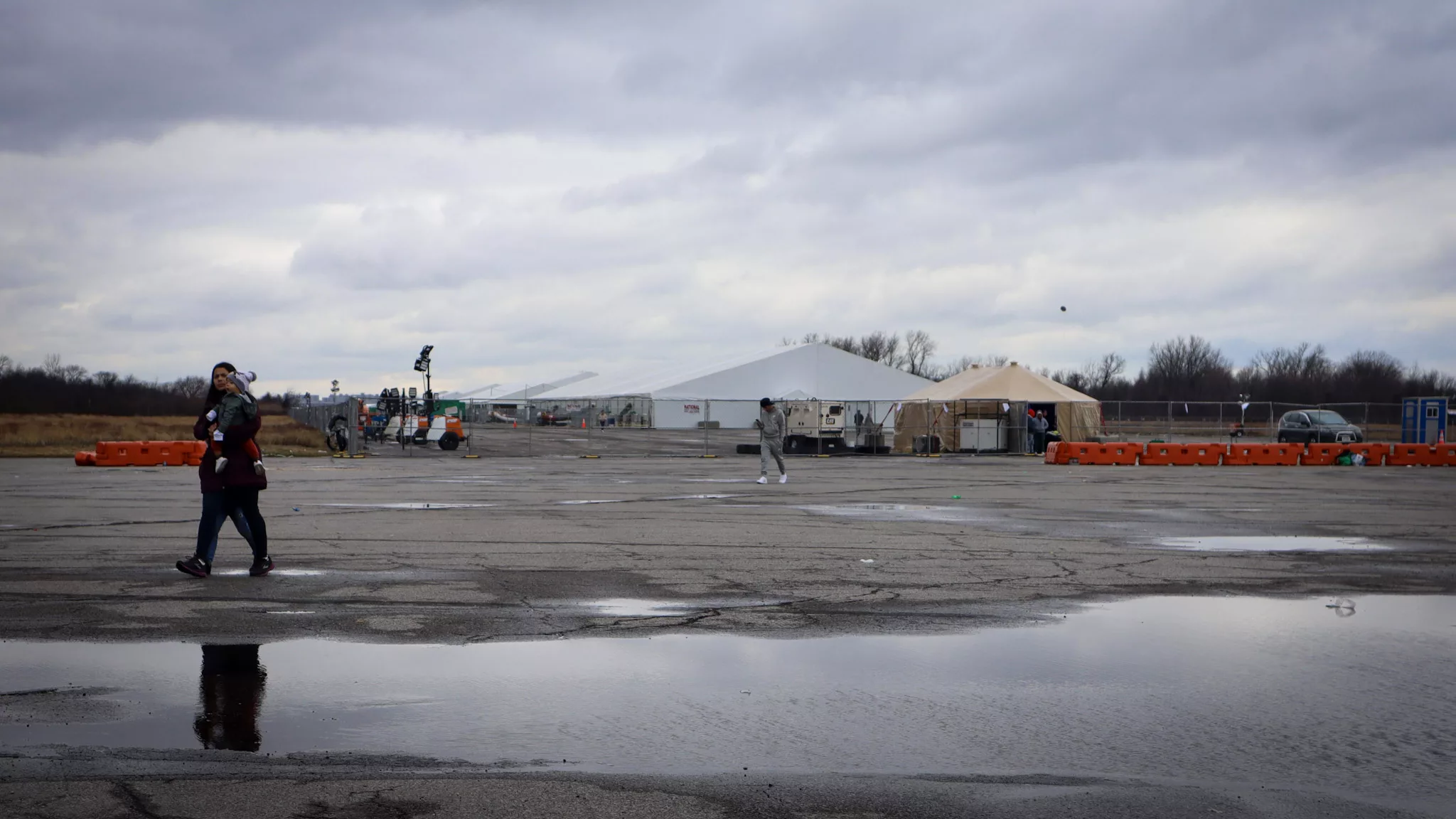This summary about farm worker rights was featured in Documented’s Early Arrival newsletter. You can subscribe to receive it in your inbox three times per week here.
Pedro Joj was working on a dairy farm in Verona, New York, in April, when a high wind swung open a heavy door and hit his head. The 42-year-old died a week later.
Like many farmworkers who are injured on the job, Joj did not report his injury to his supervisor, Matt Rapasadi.
The agriculture industry in the U.S. is heavily reliant on undocumented workers like Joj, but the government has failed to guarantee farm worker rights that address job-related injuries and illnesses.
In today’s story, writers Olivia Heffernan and Maggie Gray detail Pedro Joj’s life, work, and death.
“This was not an easy story to write,” reporter Olivia Heffernan tells me. “Maggie, my co-author would say the same thing. It involves a lot of pain and grief. But I think we felt really encouraged and inspired by Marlene Chial-Yac, the wife of the man who died. It was pretty incredible how willing she was and how much she wanted to share about this, so soon after her husband’s death.”
Underpaid and overworked: Chial-Yac told Documented’s reporters that Joj worked over 10 hours per day, every day of the week, and received only about $7.70 per hour — short of New York’s upstate minimum wage. Documented estimated that he was underpaid by around $28,500 for the 15 months he worked.
This type of labor abuse is not rare and many immigrants accept it without complaints. In Joj’s case, he knew he was underpaid, but was grateful for housing that allowed him to live with his wife and kids. Previously, he lived in male-only housing.
Fear of retaliation: When Joj suffered a blow on his head while working, he did not pursue workers’ compensation or Medicare.
Immigrants like Joj avoid reporting injuries to their bosses primarily because they believe it would have an adverse repercussion on their employment and immigration status.
“I think an important takeaway for readers is that often farm workers don’t know the name of their employer,” says co-writer Heffernan. “They’re exploited in a way that their entire life exists on this farm: they work there, they live there. It creates a really, really toxic power dynamic between the worker and the employer.”
Multiple law breaches: After Joj’s death, Chial-Yac returned to the farm to gather their belongings, and she found a new couple in her home. She suspected their belongings had been disposed of — a breach of New York’s law.
Chial-Yac is still hesitant to involve lawyers in the case of her husband’s wrongful death, and she is considering leaving New York with her children.
Heffernan added that this story took about a month to write “because we wanted to treat it with a lot of care.”
“We did this with a lot of delicacy and sensitivity,” Heffernan said. “Because that’s what Pedro, who died, deserves, and that’s what his family deserves as well.”
Read the full report about Pedro Joj and farm worker rights exclusively on Documented.
STORIES WE ARE FOLLOWING
New York
Immigrant bail bond industry is ‘Wild West,’ state lawmakers say: Lawmakers are pushing to regulate an unregulated immigration bail bond industry, notorious for lopsided contracts, exorbitant fees and making clients wear monitors. — Documented
Advocates push to pass ‘Access to Representation’ Act: The legislation aims to give all individuals in New York the right to government-funded legal counsel in immigration court. — Documented
Bill aims to address ICE, local officials’ targeting of immigrants: After two years of delays, advocates want lawmakers to pass the bill before this legislative session ends tomorrow. — Documented
Court Notifications bill could help noncitizens facing criminal charges: The legislation would require the courts to inform immigrants that accepting a plea could result in negative immigration consequences including deportation. — Documented
A guide to New York’s immigration reform bills: Other bills that would affect immigrants being considered this legislative session include the Clemency Justice Act and Wrongful Convictions Act. — Documented
Around the U.S.
What decades of data show about the real impact of immigrants and their families: Authors of a new book look at decades of data to understand the impact immigrants have on America today. — Harvard Business Review (Podcast)
Court suspends associate who lied about filing H-1B visa applications for clients: Sara Alpert, now suspended from practice for six months, falsely updated the database of a New York firm. — Reuters
Graduates of top global universities can apply for “high potential individual” UK visa: Successful applicants with a bachelor’s or master’s degree will be given a two-year work visa, while Ph.D holders can apply for a three-year visa. — The Guardian
Washington D.C.
Pilot program for screening asylum seekers goes into effect: The White House aims to use the program to reduce the backlog of cases of people waiting to successfully gain asylum in the U.S. — Immigration Impact
